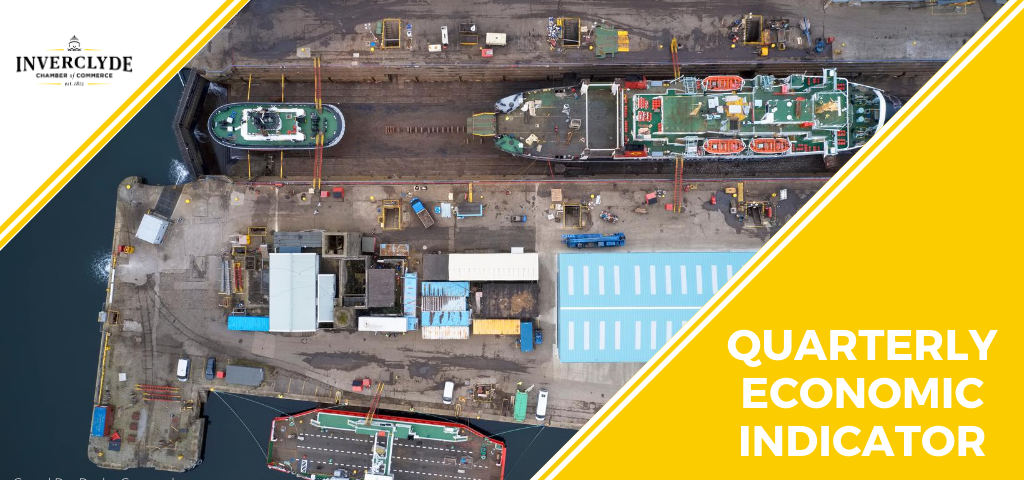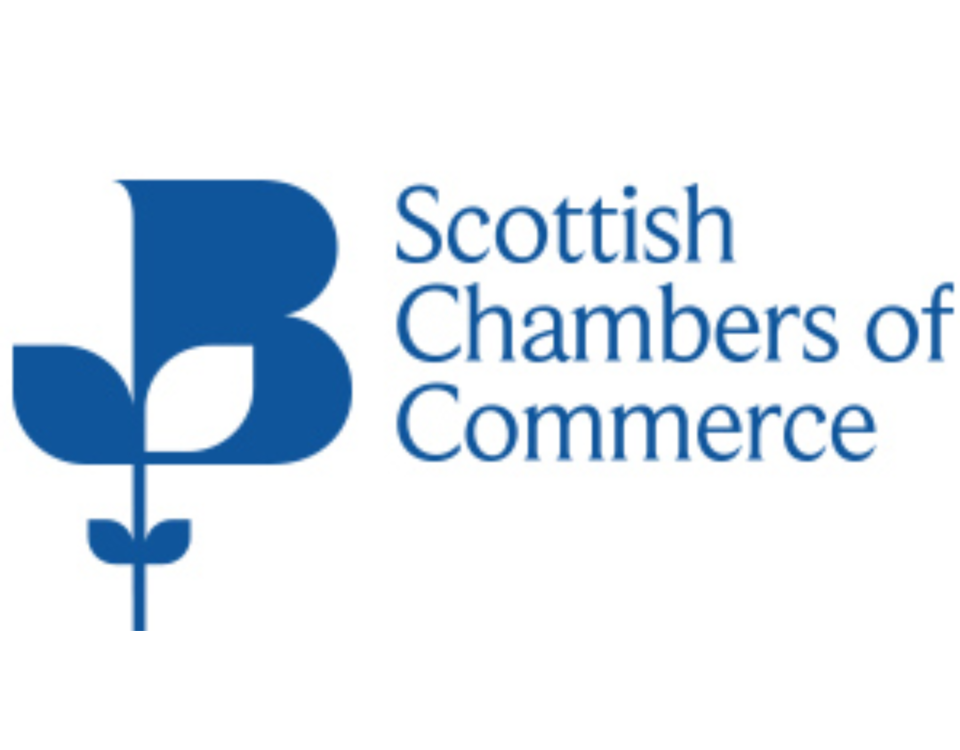Faltering Business Recovery Faces Winter Of Risk

SCC Response To New Restrictions
07/10/2020
SCC Responds To Further Business Support Outlined By Scottish Government
09/10/2020Faltering Business Recovery Faces Winter Of Risk

QEI Survey
The Scottish economy showed only weak signs of recovery where a return to trading was allowed as COVID-19 restrictions eased over the summer, according to the Scottish Chambers of Commerce (SCC) Quarterly Economic Indicator (QEI).
The outlook remains grim in all sectors, particularly for businesses in retail and tourism, which have been hit hard by restrictions and face a bleak winter as business support and confidence plummets.
Key highlights:
On business confidence:
- Signs of fragile confidence emerged in some areas of business although this was compared to historic lows from the previous quarter when lockdown conditions prevailed.
- Trends remain significantly negative across most indicators when compared to pre-COVID-19 conditions.
On employment:
- Employment levels remain on negative trends across all sectors while risk remains that unemployment is set to rise significantly due to continued restrictions and reduction in employee support.
On sales and revenue:
- Around a third of construction and manufacturing, four in ten retailers and more than half of tourism firms anticipate a further reduction in sales in Q4.
On business concerns and cost pressures:
- The number of financial and business services companies reporting a concern about rising taxation is the highest on record for the survey.
Tim Allan, President of the Scottish Chambers of Commerce, said:
“This latest survey shows how fragile some parts of the economy in Scotland remain during this crisis.
“It makes sense that there would be some improvement compared to the previous quarter when significant parts of the economy were in an almost unprecedented shutdown. But this winter brings significant risks for business, including further lockdowns and a decline in government support.
“Now is not the time to cut lifeline support. We expect joblessness to continue to rise, hitting hard from the start of November. There’s an urgent need to bridge the skills gap between those who have lost their jobs to those employers that are still recruiting. Plans to develop and support training and retraining in areas such as digital and low carbon technologies will need to be implemented if we are going to build back better.
“Many sectors are showing increased worry about the risk of increased taxation. Coronavirus interventions represent a huge burden on public finances, but we must ensure that business recovery is not strangled to repair them.”
Commenting on the results, Professor Graeme Roy, Director at the University of Strathclyde’s Fraser of Allander Institute, said:
“This latest Scottish Chambers of Commerce QEI survey shows that we are far from being out of the woods just yet.
“Businesses’ outlook on the economic environment in Q3, coupled with levels of activity in the wider economy, remain much more negative than where they were at the start of the year. This comes on the back of one of the worst quarters for business confidence ever recorded in this survey.
“The unprecedented government support – including bounce-back loans and the furlough scheme – has enabled many businesses to hang on over the summer. But as this support is wound down, many businesses will no longer be able to postpone the hardest of decisions.
“Aside from the impact of the restrictions themselves, the stop-start nature of our progress through this crisis is adding to the uncertainty and imposing its own additional cost on businesses. For some parts of our economy, where forward planning and advance bookings are key, this poses particularly serious challenges.
“There is an urgent need for government support.”
On Covid-19 restrictions and lockdowns, Tim Allan said:
“It is unviable to keep switching the lights of the economy on and off. It risks not just jobs but the wellbeing of entire communities and the security of entire sectors.
“Instead, we must focus on using the evidence at hand to target problem areas. We have seen how Test and Protect and better data means we are in a much different place than we were at the start of the pandemic. The data the Scottish Government now has is more sophisticated and detailed and will show which environments and geographical areas the virus is spreading, allowing for a more targeted approach.”
On the tourism sector, Tim Allan said:
“Tourism businesses are some of the hardest hit and many face ruin without intervention. Despite some elements of the sector having been allowed to reopen, expectations in this sector are the lowest in the survey. Capacity constraints and household and group socialising limits have added to their struggle to recover. Nor was domestic tourism a panacea, as almost 70% reported a fall compared to the third quarter last year. There is currently no sign of overseas guests returning.
“The Scottish & UK Government must provide immediate support to the sector if Covid-19 related restrictions continue to limit the sector’s ability to trade. The job support scheme recently announced by the Chancellor, whilst welcome, does not go far enough to save jobs in this sector. We need to see a dedicated package of support for the sector including business rates & VAT holidays extension and grants relief.”
On retail, Tim Allan said:
“The coronavirus pandemic has resulted in significant disruption to the retail sector with the effects differing greatly between ‘brick-and-mortar’ and online shops and smaller versus larger retailers. The mitigation measures taken to slow the pandemic have directly affected the daily operations of the retail sector.
“This sector is not improving as quickly as could have been expected when shops were allowed to reopen. Negative outlook in terms of sales, investment and hiring for the key pre-Christmas period suggests they are not expecting much festive cheer to be ringing the tills.
“We have raised our deep concern over the decision by the Treasury to end the tax-free shopping scheme. This is a £5.6 billion hit on the UK economy, even before accounting for the negative knock-on effect on wider international tourism spend. This decision must be reversed by the Chancellor immediately.”
On the construction sector, Tim Allan said:
“Negative sentiment has eased for some firms in the sector as many were able to get back on-site during the period, though 44% reported a further decline in confidence. It is worrying that 44% expect a fall in investment and 35% a fall in sales over the next quarter. In general, the outlook for Q4 remains downbeat and concern over the impact of potential tax rises is becoming an increasing worry.
“We would ask the UK Government to scrap the reverse VAT charge altogether or at minimum, delay its implementation date for a further 12 months.”
On the financial and business services sector, Tim Allan said:
“More financial and business services firms expect to return to sales growth in the final quarter of the year making this the least negative sector of the survey. The number of companies in this sector reporting concern about rising taxation is the highest on record for the survey.
“Office-based businesses in this sector are ready to start supporting the rejuvenation of city centres devastated by the lockdown. We expect the Scottish Government to provide an implementation timeline of our recently submitted report calling for the phased re-opening of remaining offices to support the economy and employee wellbeing.”
On manufacturing, Tim Allan said:
“Companies in the manufacturing sector were faring slightly better when they were able to trade compared to the previous quarter when many were shut down. Nevertheless, total new orders and sales declined for almost half of manufacturing firms in the survey during the three months to the end of September. To support manufacturing companies to increase capacity, we urge the Scottish Government to amend the physical distancing for manufacturers from 2m to 1m with mitigations.”


